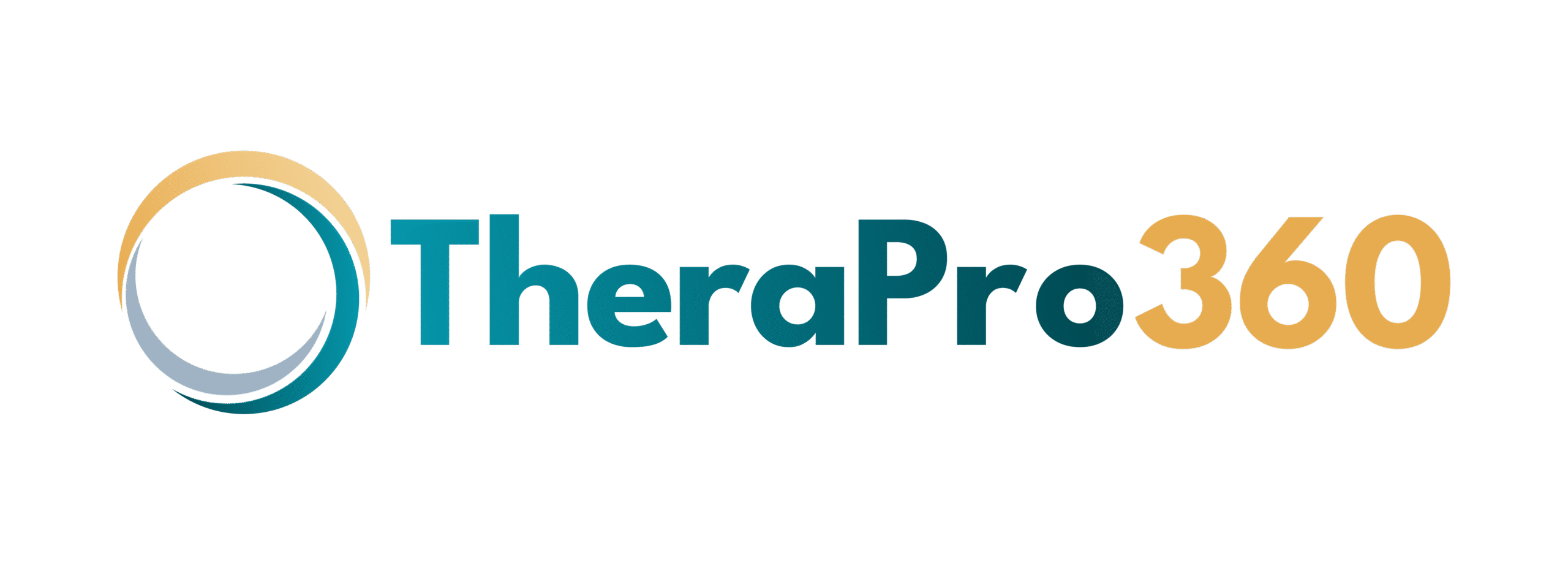
Blog
What is the Best Practice Management Software for Small Businesses?
Expert web designers ensure the site and software is easy to use.What is the Best Practice Management Software for Small Businesses?
For small businesses, efficiency and organization are critical to day-to-day operations, yet they are often hampered by limited resources and time constraints. Practice management software offers a solution to these challenges by streamlining administrative tasks, improving client management, and enhancing overall productivity. From scheduling to billing, this type of software is designed to alleviate the burden on small business owners, office managers, and entrepreneurs, leaving more time to focus on growth and success.
But with so many options on the market, how do you determine the best one for your needs? This guide explores what to look for in practice management software while evaluating top options tailored to small businesses, with a focus on their unique features, user ratings, and specific field strengths.

Key Features to Look for in Practice Management Software
Effective practice management software should include features that address both the general needs of small businesses and the specific demands of individual industries. Key functionalities to prioritize include:
Look for flexible scheduling capabilities that allow businesses to book, reschedule, and manage client appointments with ease. Features like automated reminders and calendar integration can significantly reduce no-shows.
Seamless invoicing and payment options are essential for maintaining cash flow. Opt for software with integrated payment gateways, customizable invoices, and expense tracking.
Strong client relationship management (CRM) capabilities ensure effective communication and lead tracking. Some software even offers detailed client profiles and history records.
Streamlined document storage, templates, and secure file sharing functionalities reduce the time spent on paperwork and improve client service.
If your business operates in a niche field such as therapy practices, it’s vital to find software tailored to your profession’s requirements, including compliance with industry-specific regulations.
Decision-making thrives on data. Opt for software that provides detailed reports, client insights, and performance metrics.
Small businesses often lack the resources for extensive training. Choose software with an intuitive, easy-to-navigate interface.
Cloud-based solutions enable real-time access from virtually anywhere, ideal for teams operating remotely or across various locations.
Top Practice Management Software Options for Small Businesses
To aid small business owners and professionals, here’s a breakdown of some top-rated practice management software solutions, complete with user ratings and standout features:
1. TheraPro360
Best for: Therapists (physical, occupational, speech, and other therapy-related fields)
Key Features:
- Professional scheduling optimized for therapy practices
- HIPAA-compliant documentation tools
- Built-in billing and payment handling
- Secure patient portals for seamless communication
- Telehealth integration for virtual appointments
User Rating:
TheraPro360 averages a 4.9/5 rating on review platforms, often praised for its industry-specific functionality and exceptional customer support.
2. SimplePractice
Best for: Wellness professionals and private practitioners
Key Features:
- Telehealth integration for virtual appointments
- Streamlined client notes and invoicing
- Secure storage of client records and files
User Rating:
A favorite among wellness professionals, SimplePractice boasts a 4.9/5 rating, particularly for its telehealth capabilities.
3. TheraNest
Best for: Mental health practices
Key Features:
- Mental health-specific scheduling and note-taking
- Insurance claim submission support
- Group therapy billing options
User Rating:
With a 4.6/5 rating, TheraNest is widely regarded as a reliable toolbox for mental health practitioners.
4. WebPT
Best for: Physical therapy practices
Key Features:
- Comprehensive documentation compliant with industry regulations
- Integrated billing and scheduling features
- Customizable treatment and exercise plans
User Rating:
With a 4.5/5 rating, WebPT is a trusted platform among physical therapists, recognized for its focus on streamlining clinic operations and improving patient outcomes.
Bringing EHR and EMR Together for Practice Management
Healthcare practices today require more than just a repository for medical records. Comprehensive Practice Management Software integrates both EMR and EHR functionalities to streamline operations, enhance patient care, and improve overall workflow.
Example: TheraPro360 – A Unified Practice Management Solution
TheraPro360 Practice Management Software offers an exemplary model of how EHR and EMR can work in harmony to meet practice management demands. By combining advanced technology and user-friendly interfaces, TheraPro360 addresses the most critical needs of modern healthcare providers.
Key Features of TheraPro360:
- Therapist Calendar Management: Simplify clinician workflows with easy calendar scheduling and automated reminders.
- Patient Management: Utilize customizable intake forms and quick patient scheduling tools for efficient onboarding.
- Integrated Messaging and Telehealth Features: Communicate securely with patients and conduct virtual consultations directly within the platform.
- Billing and Invoicing: Streamline administrative processes with built-in billing tools that ensure accuracy and compliance.
- Patient Portals: Empower patients with access to their records, appointment schedules, and messaging features, all in one place.
- Team-Wide Video Conferencing: Coordinate internal meetings, training sessions, and case discussions between clinic staff.
- Resource Storage: Provide therapists and patients with organized access to digital resources such as educational material or care plans.
- Software Use Management: Optimize administrative control with advanced capabilities for role-based access and security compliance.
By implementing platforms like TheraPro360, healthcare professionals can integrate the best aspects of EMR and EHR, all while managing every dimension of their practice in one centralized location.
Physical Therapy Practice Solves Scheduling Woes with TheraPro360
Before integrating TheraPro360, a physical therapy clinic struggled with double-booked appointments and unpaid invoices. The software’s robust scheduling tools and billing integration reduced scheduling conflicts by 90% and expedited payments, allowing staff to focus on delivering personalized care.
Choosing the Best Software for Your Industry
Selecting the right practice management software involves considering both your business’s unique challenges and the industry in which you operate. For therapy practices, prioritized HIPAA compliance and strong client note features are non-negotiable. For creative professionals, emphasis on customizable templates and client contracts could tip the scales.
Ask these questions when comparing software options:
- Does the software include features specific to your industry?
- Will it integrate seamlessly with your existing systems?
- Is it scalable to accommodate future growth?
Tips for Successful Implementation
Switching to a new system can seem daunting, but the following tips can ease the transition:
- Start with Training
Invest time in training your team to ensure everyone uses the software effectively right from the start.
- Migrate Data Carefully
Work with your provider to securely transfer existing records and files into the new system.
- Customize Settings
Tailor dashboard settings and workflows to your specific business needs.
- Engage Your Team Early
Encourage team involvement during software selection to boost adoption rates.
- Measure Progress
Use built-in reporting tools to evaluate how the software is improving your operations.
Practice management software equips small businesses with the tools they need to thrive competitively in their industries. By automating mundane tasks, improving client management, and increasing operational efficiency, the right software can drive substantial growth.
Whether you’re managing a bustling therapy clinic or freelancing as a solo entrepreneur, there’s a perfect match for your needs. Start by exploring options like TheraPro360 for therapy-focused businesses or TheraNest for other therapy-related professionals, and set yourself up for success.
Interested in elevating your business management? Take the leap and explore your options today to revolutionize how your business operates!
Why TheraPro360?
Run your practice with simplicity with our streamlined scheduling, seamless telehealth integration, centralized patient portals, intuitive calendar management, and automated invoicing.
Get Started TodayAuthors and Contributors

Eva Lassey PT, DPT
Co-Founder of TheraPro360
Dr. Eva Lassey PT, DPT has honed her expertise in developing patient-centered care plans that optimize recovery and enhance overall well-being. Her passion for innovative therapeutic solutions led her to establish DrSensory, a comprehensive resource for therapy-related diagnoses and services.

Irina Shvaya
Co-Founder of TheraPro360
Irina Shvaya is the Founder of eSEOspace, a Software Development Company. She combines her knowledge of Behavioral Neuroscience and Psychology to understand how consumers think and behave.
Contents

Build Your Therapy Practice Online With a Website That Actually Works
At TheraPro360, we’re more than just software — we’re your all-in-one partner for practice management and online growth. From custom websites to SEO and marketing, we help therapists modernize their online presence and attract more patients.
Whether you're starting fresh or your current site needs a serious upgrade, our streamlined, white-glove process takes the stress out of getting results — so you can focus on what matters most: your patients.
Ready to Grow Your Practice?
👉 Schedule Your Free Discovery Call Now
Let’s build your online presence — together.














